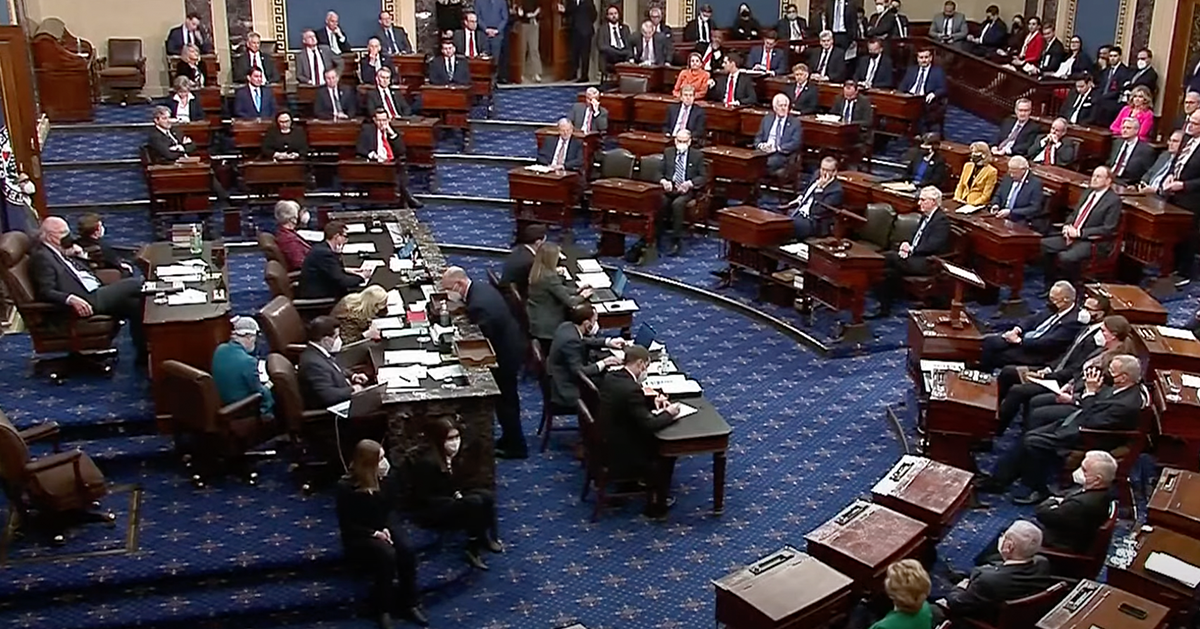San Diego County Implements Strict Sanctuary Laws to Counter Trump's Policies
In a bold move, San Diego County has enacted new sanctuary laws, aiming to restrict cooperation with federal immigration authorities, particularly ICE.
The California county's approach is designed to challenge the immigration enforcement policies promoted by President-elect Donald Trump and his incoming border czar, Tom Homan, with immediate controversy arising when the local sheriff announced opposition to the new measures, as the Daily Mail reports.
San Diego County supervisors recently decided that the sheriff's department will no longer assist ICE in enforcing civil immigration laws.
This decision was made with the intent to strengthen community trust and redirect local resources to address more pressing local challenges, according to Supervisor Nora Vargas and her supportive colleagues.
However, Sheriff Kelly Martinez stated that the Board of Supervisors cannot dictate policies for the sheriff's department, expressing her intention to not comply with the new legislation.
Context Behind San Diego's Decision
The new policies in San Diego align the county with other California counties such as Los Angeles, which have adopted stricter local sanctuary policies.
The decision affects a significant U.S.-Mexico border county of about 3.3 million residents, where tensions between local jurisdictions and federal immigration enforcement are frequently visible.
The move is particularly significant as Trump has announced plans for extensive deportations, which would heavily rely on the cooperation of local law enforcement agencies such as sheriff's departments.
National Debate Intensified by Local Policies
ICE typically relies on local law enforcement to notify them about detainees and temporarily hold them for immigration arrests, citing resource constraints. Now, with San Diego's new policy, ICE would require a judge’s order to gain such cooperation from the county.
Homan, critical of these sanctuary laws, has voiced concerns that such policies could put the community at risk by limiting federal access to local jails. His stance is that denying ICE such access undermines public safety.
Nevertheless, Supervisor Vargas argued that closing a loophole in state law that previously led to 100-200 people being transferred to ICE annually is a move towards protecting community members and ensuring justice.
Opposing Views Within Community
Sheriff Martinez contends that the current state law provides a balanced approach by limiting local cooperation with immigration authorities while ensuring public safety and building community trust. She criticized Vargas’s characterization of state law as containing a loophole.
On the other side, Supervisor Jim Desmond has criticized the new sanctuary laws, pointing to incidents like Kate Steinle's murder as illustrations of the risks these policies can pose by releasing potentially dangerous individuals back into the community rather than handing them over to ICE.
Political Responses and Wider Implications
In response to the new policy, other political leaders like Denver Mayor Mike Johnston, also a Democrat, have expressed support for defying federal immigration authorities in similar manners. Meanwhile, Gov. Gavin Newsom of California has resisted pushing further limitations on cooperating with ICE at the state level.
Nationally, Homan has discussed fortified immigration enforcement strategies with other city leaders, such as NYC Mayor Eric Adams, who is reportedly open to cooperating with federal immigration authorities.
As the debate over sanctuary jurisdictions continues, the impact of San Diego’s new policy will likely be observed keenly both locally and nationally, influencing discussions on immigration, community safety, and federal versus local jurisdictional authorities.
Community Impact and Future Prospects
Vargas encapsulated the sentiment behind the policy change, emphasizing that local resources should not be used for actions that separate families or harm community trust. This local initiative could lead to a reevaluation of immigration enforcement partnerships across the country as other jurisdictions observe the outcomes in San Diego.
The unfolding of these policy changes will be crucial in setting precedents for how local governments can interact with federal immigration agencies and possibly reshape national immigration policy discussions in the coming years.






